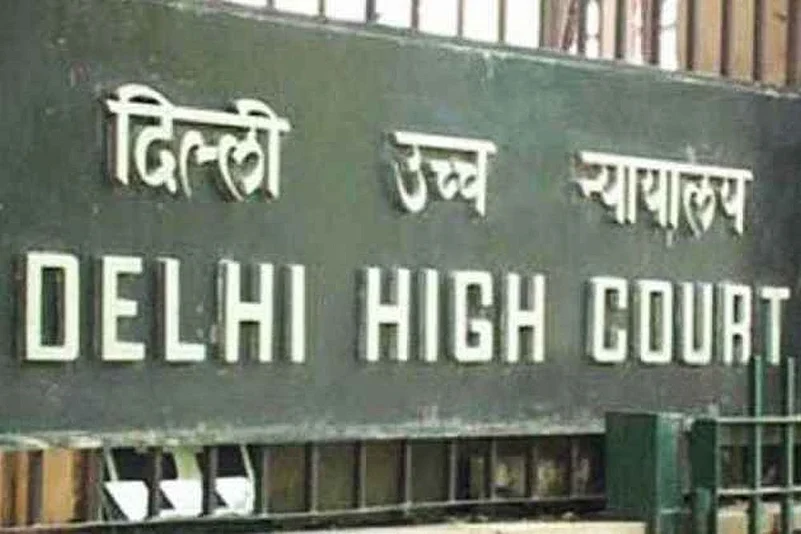Standing in queues to collect ration from fair price shops is not against the right to dignity and privacy and it is "only civil" to queue up if several people land up at an outlet at the same time, the Delhi High Court ruled on Thursday as it set aside the AAP government's doorstep ration delivery scheme, Mukhyamantri Ghar Ghar Ration Yojana.
A bench headed by Acting Chief Justice Vipin Sanghi rejected the contention that to compel the beneficiaries to queue up to collect their allocated ration is in violation of their right to dignity and privacy, and observed that if this stand is accepted, it would also mean that there is a right not to stand in a queue and the same would destroy civility, orderly conduct and respect for others' rights in the society.
Advertisement
NGO Bandhua Mukti Morcha, which prayed for the implementation of the door-to-door ration delivery scheme, had argued that requiring a person to stand in a queue at a ration shop for receiving what the law regards as his or her entitlement is against the right to dignity and privacy.
"It does not offend the right to dignity and privacy of any person, merely because the person may be required to queue up at the outlet. The outlet could be for anything or for any service. People queue up to buy medicines from a medical store, to buy milk at the milk booth, bus, train and airline tickets at bus stations, railway stations and airports, to buy cinema tickets at cinema houses, to buy tickets for sporting and other entertainment events at the venues, so on and so forth," the bench, also comprising Justice Jasmeet Singh, said in its judgment passed on two petitions moved by ration dealers challenging the scheme.
Advertisement
"We also do not find any merit in the plea of Mr Rahman (the lawyer appearing for the NGO) that it is against the right to dignity and privacy to compel beneficiaries under the TPDS (Targeted Public Distribution System) to queue up to collect their allocated ration from the fair price shops. In our view, it is only civil that persons -- who desire to obtain or buy anything from an outlet -- should queue up, if such a queue is necessary looking at the number of persons who may land up at the outlet at the same time," the court said.
In its 174-page judgment, the court ruled that while there is nothing wrong in the Delhi government entertaining the desire and intention to deliver ration to the beneficiaries at their doorstep, the same can be done from its own resources and only in accordance with the scheme of the National Food Security Act (NFSA) and the applicable legal framework.
The court said the doorstep ration delivery scheme cannot be implemented in its present form as it has not been approved by the lieutenant governor (LG), who has expressed disagreement.
The court also said it does not agree with the contention of one of the parties that the delivery of food to the TPDS beneficiaries at the doorstep of the fair price shops does not amount to a guarantee of adequate food and nutrition to the beneficiaries under Articles 21 and 47 of the Constitution.
Advertisement
The high court had, on January 10, reserved its order on the pleas moved by the Delhi Sarkari Ration Dealers' Sangh and the Delhi Ration Dealers' Union after holding extensive hearings.
The Delhi government had defended the scheme on the ground that it was for the poor who were being threatened by fair price shop owners to opt out of the home delivery mode or otherwise, they would not be given ration.
The Centre, represented through its standing counsel Monika Arora, had opposed the Delhi government's doorstep ration delivery scheme, saying the state could mitigate the architecture of the NFSA while implementing it.
Advertisement
It had earlier said the court should not allow any state to interfere with the NFSA structure and destroy its architecture and that FPS are an integral part of the Act.
The Centre had explained that according to the NFSA, it gave foodgrains to the states, which have to take it from the godowns of the Food Corporation of India (FCI) to deliver it to the doorsteps of the fair price shops for distributing it to the beneficiaries.




















